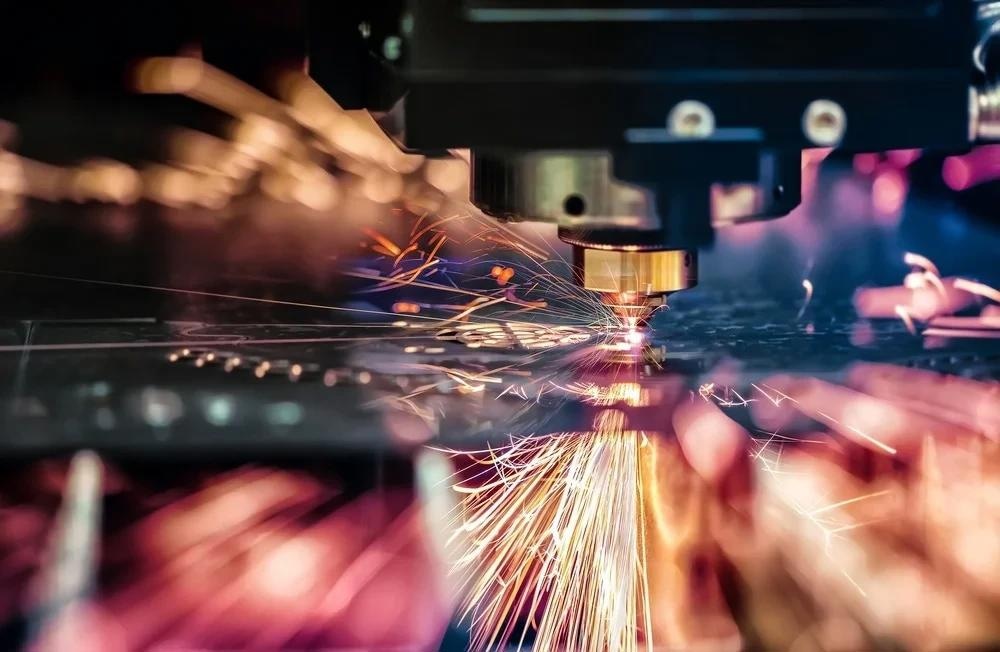Instead of employing the traditional spiral tool path, the ring and mesh approaches were used to build the tool path program. By evaluating the impact of interpolation error using form error prediction, the tool path was optimized. There are two steps in the optimization of the control point arrangement.
The total number of control points is established first. The layout parameters’ ideal aspect ratio is then established. The efficiency of the tool path optimization method suggested in this study was demonstrated experimentally by milling two-dimensional sinusoidal waves and microlens arrays.
For two-dimensional sinewaves, the suggested approach decreased shape inaccuracy from submicron to 10 nm level.
FTS-based diamond turning is an amazing method to fabricate freeform surfaces with high efficiency, but conventional FTS units driven by piezoelectric actuators have very small strokes in micrometer scale, limiting their applications. In recent years, long-stroke FTS units, equipped with voice coil driven air bearings, have been developed, which enable millimeter-level working strokes, and in turn, greatly expands the applications of FTS diamond turning.
Jiwang Yan, Professor, Department of Mechanical Engineering, Keio University
Professor Yan added, “To improve the system compatibility and stability, those voice coil-based FTS units are independently driven by separate control systems. However, the tool path generation method for such FTS has not been established yet, which is regarded as a bottleneck.”
Yusuke Sato, who is a researcher, stated, “This study aims at proposing novel methods to generating and optimizing the tool path for the independent FTS control system to reduce form error of a machined surface caused by two-dimensional interpolation.
 Image Credit: Andrey Armyagov/Shutterstock.com
Image Credit: Andrey Armyagov/Shutterstock.com
“Firstly, control point clouds are pre-generated in two different methods, namely, ring method and mesh method. Based on the distribution of the control points, the final machined surface profile is predicted and interpolated by simulation.”
“Then, by comparing the simulated surface with the designed surface, the form error is obtained. By repetitively adjusting the parameters of the control points, the form error was minimized to the desired tolerance,” Sato further stated.
By using an FTS unit with a separate controller to achieve high accuracy without the need for trial and error, this study creates a crucial foundation for the further development of ultraprecision machining technologies of freeform optics through diamond turning, which supports advanced manufacturing of high value-added products.
The developed tool path generation/optimization system makes the commercially available FTS units more precise and powerful. It is especially useful to improve the productivity of freeform optics which are widely employed in various products such as VR/AR systems, cameras, scanners, head-mounted displays, and components used in aerospace and biomedical engineering. Rapid manufacturing of such freeform surfaces may change the concepts of product design in the near future,”
further added Yan.
Journal Reference:
Sato, Y., et al. (2022) Tool path generation and optimization for freeform surface diamond turning based on an independently controlled fast tool servo. International Journal of Extreme Manufacturing. doi:10.1088/2631-7990/ac5f12.